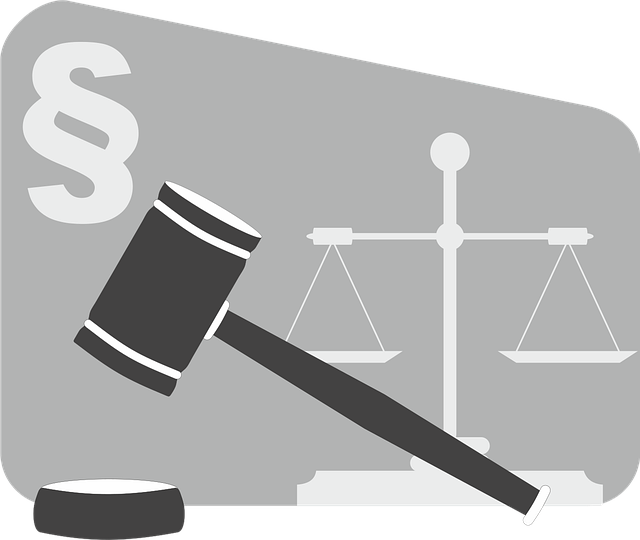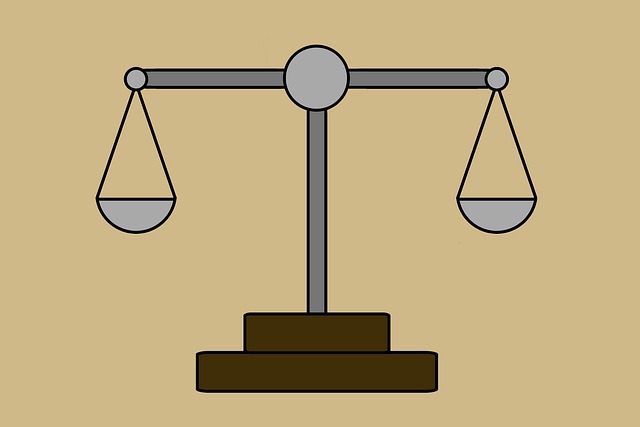Partnership agreements in law firms are crucial for avoiding conflicts, especially regarding profit-sharing, client management, and roles. Criminal defense attorneys must draft clear agreements on revenue, decision-making, conflict resolution, and exit strategies to prevent disagreements. Understanding contractual obligations and fostering open communication can mitigate common causes of partnership disagreements, ensuring harmonious client representation. Expert criminal defense lawyers are vital in navigating legal disputes arising from misaligned goals, financial disparities, or contract breaches.
“Uncover the intricacies of partnership dynamics within the legal realm with our comprehensive guide. Criminal defense attorneys play a pivotal role in navigating complex business disputes, especially those rooted in partnership agreements. This article explores critical aspects such as recognizing red flags—common clues in disagreements—and understanding the significance of contractual obligations. By delving into these topics, we aim to equip readers with knowledge on preventing and resolving partnership issues, emphasizing the importance of legal recourse for even the most vibrant businesses.”
- Understanding Partnership Agreements: Laying Legal Groundwork
- Recognizing Red Flags: Common Clues in Disagreements
- Contractual Obligations: When and Why They Matter Most
- Communication Breakdown: Strategies for Resolution
- Legal Recourse: Navigating Disputes with Expert Defense
Understanding Partnership Agreements: Laying Legal Groundwork

Partnership agreements are a cornerstone for any business venture, especially among lawyers forming law firms. These agreements lay down the rules and expectations between partners, ensuring smooth operations and minimizing potential conflicts. However, despite their importance, they often become sources of disagreement due to various factors. Common causes include disparities in profit-sharing arrangements, differing views on managing clients and cases, and misunderstandings over roles and responsibilities, particularly when it comes to high-stakes cases that may lead to jury trials.
To prevent or mitigate these disputes, prospective partners must carefully draft and review their partnership agreements. This process involves defining clear terms regarding revenue distribution, decision-making authority, conflict resolution mechanisms, and exit strategies. Achieving extraordinary results in legal practice often hinges on a solid foundational agreement that reflects the aspirations and values of all involved, ensuring every partner feels heard, valued, and committed to shared success.
Recognizing Red Flags: Common Clues in Disagreements

Recognizing Red Flags is an essential skill for Criminal Defense Attorneys to navigate the complexities of high-stakes cases. Common Causes of Partnership Disagreements often manifest early on, providing crucial clues about potential issues within a legal team. From misaligned strategic goals to communication breakdowns, these red flags can range from disagreements over case management approaches in all stages of the investigative and enforcement process to fundamental differences in ethical standards.
By paying close attention to these common indicators, attorneys can proactively address conflicts before they escalate. Addressing discrepancies early ensures a harmonious working relationship throughout the respective business of handling criminal defenses, fostering an environment conducive to effective collaboration and superior client representation.
Contractual Obligations: When and Why They Matter Most

In the dynamic world of criminal defense law, the relationship between attorneys and their clients is governed by a set of contractual obligations. These agreements, often overlooked, are vital in ensuring clear communication, maintaining client expectations, and fostering trust. When a lawyer accepts a case, they enter into a professional partnership with the client, where both parties have specific responsibilities. Understanding these obligations is crucial, especially as common causes of partnership disagreements often stem from misunderstandings or breaches of contract.
Contractual agreements provide a framework for the attorney-client relationship, delineating services provided, payment terms, and confidentiality expectations. These documents are not mere formalities; they safeguard both the lawyer’s practice and the client’s interests. For instance, in navigating complex legal matters, having clear contractual terms can prevent disputes related to scope of work or unexpected fees. By addressing potential issues upfront, attorneys can focus on delivering winning challenging defense verdicts for their corporate and individual clients while maintaining a harmonious professional relationship.
Communication Breakdown: Strategies for Resolution

Communication is key to any successful partnership, but it’s also a common area where criminal defense attorneys can face significant challenges. Breakdowns in communication often stem from differing legal strategies or interpretations of case details, leading to misaligned expectations and disputes. Recognizing these as early as possible is crucial for avoiding more serious issues later on.
Attorneys should implement proactive measures to foster open dialogue. Regular check-ins, clear and consistent updates for clients regarding the case’s progress, and active listening during discussions can help prevent or mitigate partnership disagreements. By addressing potential conflicts promptly and ensuring everyone involved is aligned with the chosen defense strategy—for his clients’ best interests and to potentially avoid indictment or lengthy jury trials—attorneys can maintain a cohesive front in representing their cases effectively.
Legal Recourse: Navigating Disputes with Expert Defense

When legal disputes arise, whether involving business partnerships or other agreements, having an expert criminal defense attorney by your side is invaluable. These attorneys are well-versed in navigating complex legal landscapes and can provide crucial guidance during tense situations. The common causes of partnership disagreements often stem from misaligned goals, financial disparities, or breach of contract—all areas where a skilled advocate can make a significant difference.
By engaging the services of a criminal defense attorney, individuals and businesses involved in disputes can ensure they have access to legal expertise throughout all stages of the investigative and enforcement process. Across the country, these attorneys fight tirelessly for their clients’ rights, ensuring that every aspect of the case is handled with precision and strategic thinking. Their role is to protect their clients’ interests, offer alternative solutions, and ultimately help resolve conflicts in a manner that satisfies all parties involved while adhering to the law.
In navigating the complex landscape of partnership agreements, recognizing red flags and understanding contractual obligations are pivotal. As disputes arise from communication breakdowns, it’s essential to know when legal recourse is necessary. By familiarizing themselves with common causes of partnership disagreements, business partners can proactively foster healthier collaborations. Engaging expert criminal defense attorneys for dispute resolution ensures a robust legal foundation, enabling folks to protect their interests and navigate challenging situations effectively.






